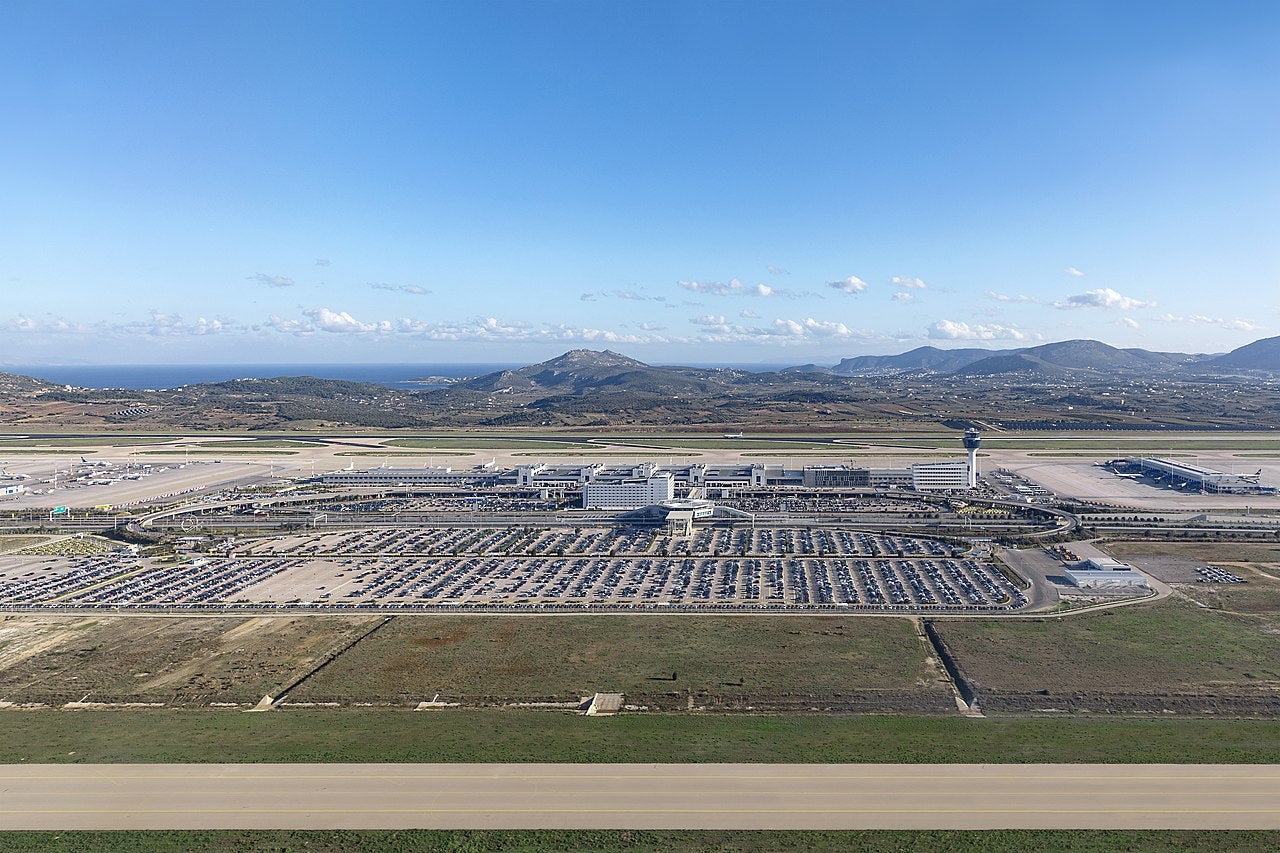
Indra has received a contract from Hellenic Civil Aviation Authority (HCAA) in Greece to deliver an air traffic surveillance system and radars at Athens International Airport.
Under the contract, Indra will deliver a new InNova Ground Advanced Surface Movement Guidance & Control System (A-SMGCS) that will enable air traffic controllers to ensure the safe movement of aircraft and vehicles.
The contract also includes the delivery of multilateration systems to identify ground and approaching aircraft.
Indra will also replace the surface movement radar (SMR) with a modern system from Terma.
The deployment of new technologies will help Athens Airport to better manage air traffic when demand recovers from the impact of Covid-19.
Indra Tower Systems director Elin Blakstad said: “It is encouraging to see that air traffic authorities in Greece and other countries use the pandemic to prepare for better days by upgrading the infrastructure.
How well do you really know your competitors?
Access the most comprehensive Company Profiles on the market, powered by GlobalData. Save hours of research. Gain competitive edge.

Thank you!
Your download email will arrive shortly
Not ready to buy yet? Download a free sample
We are confident about the unique quality of our Company Profiles. However, we want you to make the most beneficial decision for your business, so we offer a free sample that you can download by submitting the below form
By GlobalData“We are delighted to be awarded this project by the Hellenic Civil Aviation Authority.”
Indra is a technology and consulting company headquartered in Spain. It primarily caters to transport and defence markets.
In the 2019 financial year, Indra reported annual revenue of €3.2bn, with business operations in more than 140 countries.
In July, Spanish airport operator Aena contracted Indra for the deployment of passenger temperature control systems with thermographic cameras at 13 airports.
The solutions are capable of measuring body temperatures without any human intervention, reducing disease transmission risks and limiting overcrowding at checkpoints.
The systems are already operational at the airports.







